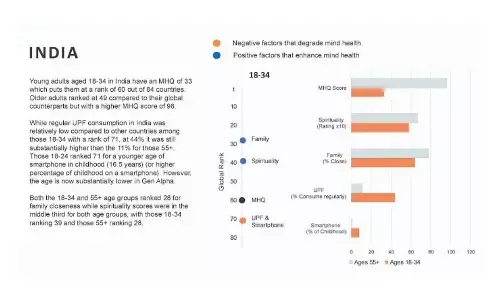The grand orchestra of Mother Nature

Beauty is the favourite subject matter of literature. All human beings are attracted by beauty.
Beauty is the favourite subject matter of literature. All human beings are attracted by beauty. A beautiful flower, a beautiful child, a beautiful bird, a beautiful landscape, a beautiful sunset, a beautiful sky, a beautiful night, a beautiful tree or plant or creeper attracts almost all humans and creates happiness in them.
That is why John Keats starts his poetic romance Endymion with the immortal lines: "A thing of beauty is a joy for ever:/ Its loveliness increases; it will never/ Pass into nothingness; but still will keep/A bower quiet for us, and a sleep/ Full of sweet dreams, and health, and quiet breathing."
Another enchanting writer who wrote immortal lines about beauty is Kahlil Gibran. In his little book The Prophet, Gibran speaks, among many other things, about beauty too: "Where shall you seek beauty, and how shall you find her unless she herself be your way and your guide?"
I haven't seen such a beautiful concept of god as Gibran's seen in The Prophet: "And if you would know God, be not a solver of riddles. Rather look about you and you shall see Him playing with your children.
And look into space; you shall see Him walking in the cloud, outstretching His arms in the lightning and descending in rain. You shall see Him smiling in flowers, then rising and waving His hands in trees."
Whether beauty is objective or subjective is a question that can never be resolved. The oft-quoted sentence— "Beauty is in the eye of the beholder"—written by Margaret Wolfe Hungerford in her book Molly Bawn proves beauty is subjective. I think that beauty is both subjective and objective.
Sometimes, beauty is in the eyes of the beholder; sometimes it is in the object beheld.
To prove beauty is subjective, let me quote from none other than Shakespeare, the most wonderful creative genius of the world.
In A Midsummer Night's Dream, Theseus tells Hippolyta in the first scene of Act V: "Lovers and madmen have such seething brains,/Such shaping fantasies, that apprehend/More than cool reason ever comprehends./The lunatic, the lover, and the poet/Are of imagination all compact:/ One sees more devils than vast hell can hold— / That is the madman: the lover, all as frantic,/ Sees Helen's beauty in his lover..."
To prove beauty is objective, let me narrate an experience of mine inside the Nelliayampathy evergreen forests, a biodiversity hotspot in the Western Ghats in Kerala. While I have been working at the Nelliyampathy office of my department, I used to spend whole my free time inside the forest and the forest rewarded me with rare and ecstatic sights.
One Sunday, after breakfast, I walked into the forest and was sitting on a rock beside a rivulet near a small open grassland deep inside the forest; breathing the rejuvenating fresh air; enjoying the serene atmosphere and listening to the grand orchestra of Mother Nature.
Half an hour passed and suddenly a red muntjac came to the grassland and stopped hardly fifteen metres away from me. It smelt and felt my presence and turning its head, looked directly into my eyes; stood petrified for some seconds; then darted ahead and disappeared into the dense thickets under the gigantic trees. What a beautiful and sublime sight it was!!
Sukumaran C V











